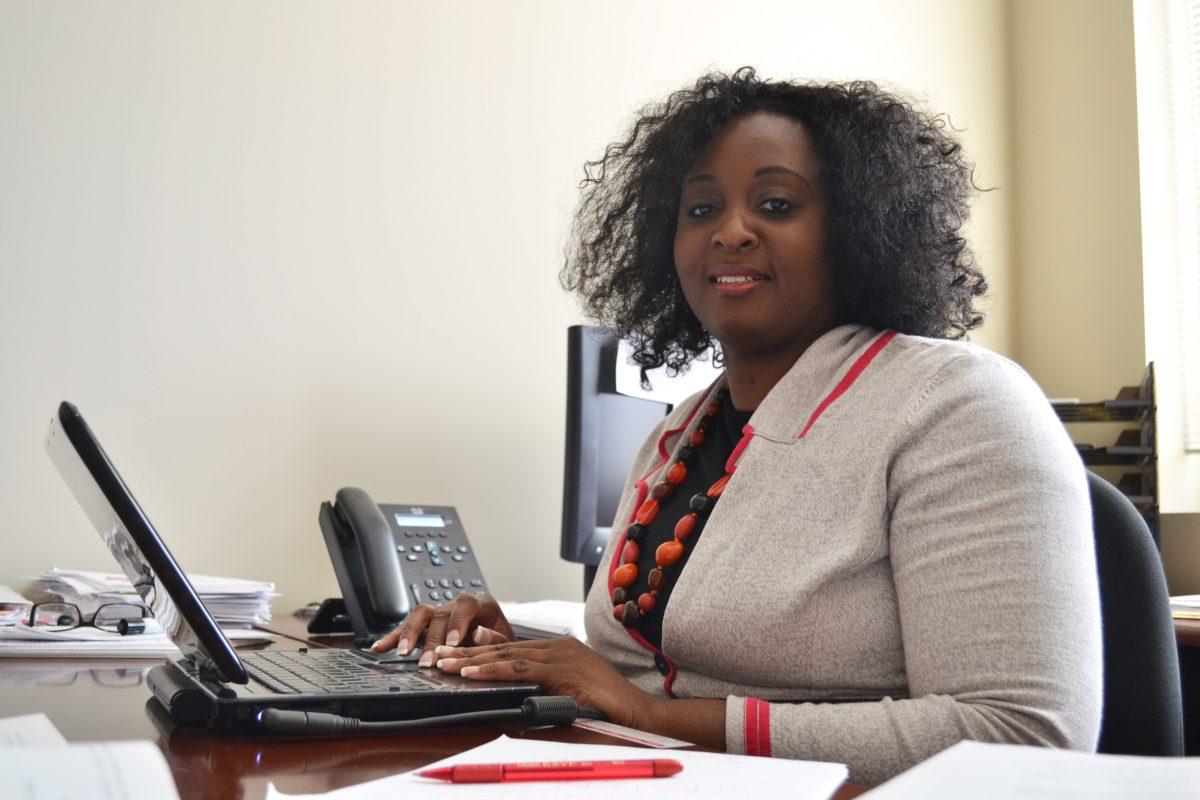N.C. State researchers created a more effective and personalized search engine. They recently developed a technique to make a search engine more efficient than previous attempts.
Kemafor Anyanwu, an assistant professor of computer science and a researcher who helped develop the search engine, said she hopes to see the new engine available for use by the end of this year, but said she wants it hosted on N.C. State’s campus first so that a limited number of users can try it first and give feedback.
“We will learn some things from that,” Anyanwu said. “We’re going to have to tweak it, now it’s all about tweaking things.”
The new search engine can handle more complex searches and provide users with more specific results.
According to an article on tgdaily.com, the version of the engine uses improved technology to support personalized searches for about 2,900 users at one time.
Researchers began working on this new and improved search engine in 2009. In 2011, they were confronted with the problem of scaling-up the program effectively to encompass more users.
This is an improvement compared to an earlier version of the engine, which only supported 17 concurrent users.
Anyanwu said when searching for a new restaurant or a specific company name, regular search engines do fine.
But the problem with traditional browsers comes when a user is searching for exploration purposes rather than to find a specific piece of information.
Anyanwu gave the example of when she wanted to find a list of university faculty members in the Triangle who work in the field of big data to try and find potential collaborators. Although many faculty members have professional information about their personal webpages, traditional search engines are designed to produce only one result at a time—as opposed of a list of relevant sources.
“So what I would like to be able to search is something like ‘faculty big data research’ or something like that, and what I would like to be able to find is a list of webpages with faculty,” Anyanwu said. “These are often exploratory queries and they are not searches that define a certain thing that you are exploring, and often times you don’t get very good results with other search enginesv.”
The main difference in this new, improved search engine, is it uses past searches to provide more accurate results about perceived user interests.
Anwanyu said she was once listening to a talk about magic sets, which is a technique used in databases to make queries go faster, at a conference. She attempted a traditional online search to retrieve more information.
“Of course it gave me everything about toys,” Anwanyu said. “Yes, for some people that would have made sense, but for me at that time, it isn’t what I wanted to see.”
The search engine uses recent searches and organizes them into concepts.
For example, if a user searches for pictures of toucans then rainforest conservation and then endangered plant species, that user would be given a higher weight or numerical ranking in the system for the wildlife concept category.
If the same user also searches the speed of a Jaguar, he or she is more likely to receive statistics about the South American jungle cat instead of the British luxury vehicle.
However, numerical rankings for concepts are not stored forever.
The more a user searches for topics outside of a previously high-ranked concept, the weight of the original concept decrease, and the new one increases.
If that same user stopped browsing wildlife and began searching for golf, the weight for wildlife would decrease.
The lower the weight, the less wildlife related results the user would receive.
Researches have avoided any privacy issues by designing a program that does not keep a record of each specific search.
“What we have that might make it a little easier for users to deal with is that we don’t explicitly store your queries,” Anyanwu said. “We will say ‘you are kind of in the shopping context’ or ‘you are in the wildlife context’ and we will store those. We just store them as weights in a graph.”
Chris West, a sophomore in textile engineering, said the technology is a good idea, but he is skeptical of it because of recent privacy scandals. West said he is concerned with the search engine saving his personal information.
Taylor Looper, a junior in biological sciences, said she doesn’t see a privacy problem with the search engine because it does not save specific searches, only concepts.
“It sounds like it would make life a lot easier,” Looper said.








